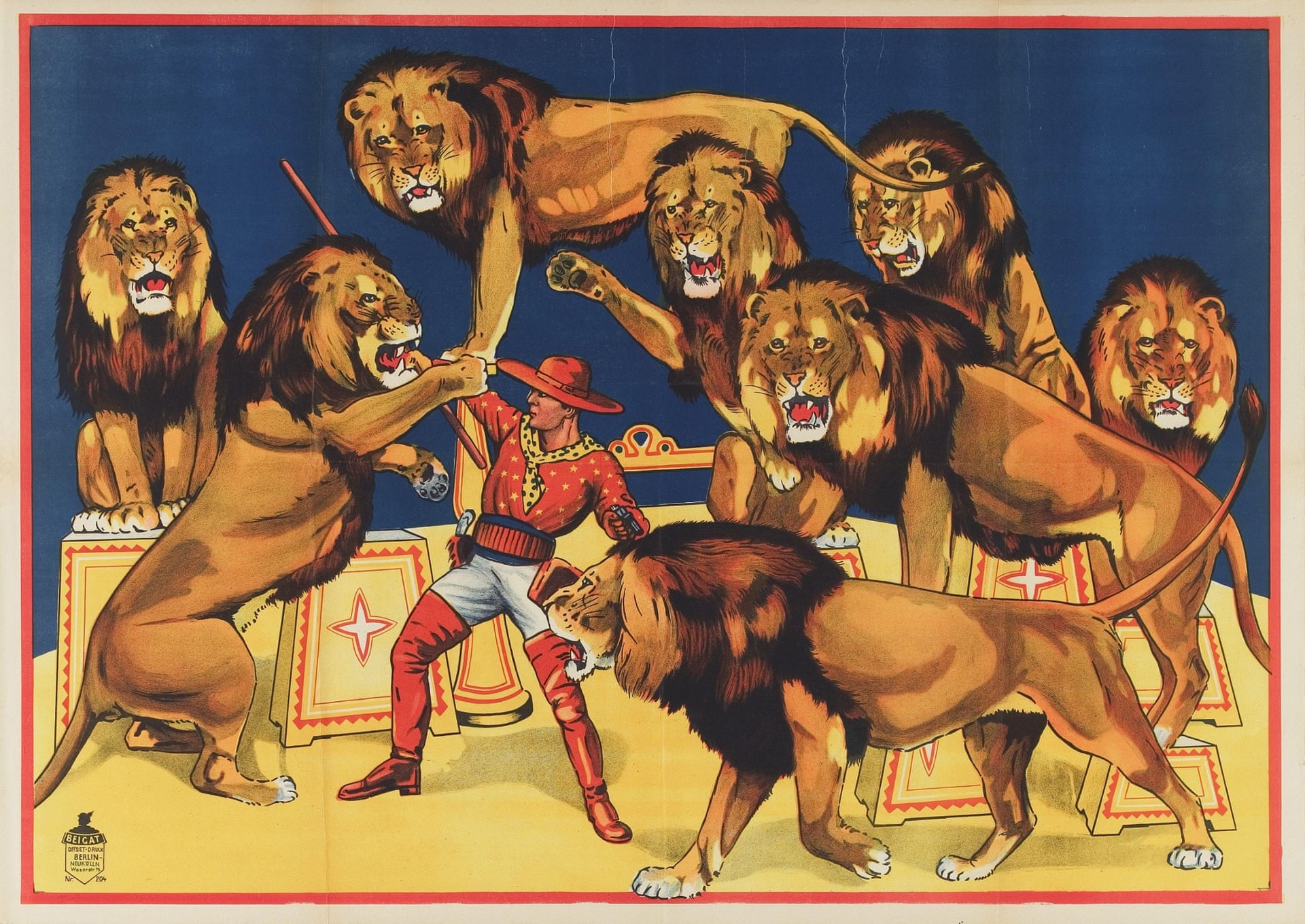This is about : Copyright in the Animal Kingdom
And this article : Copyright in the Animal Kingdom
Article animal performance, Article animals, Article Heythrop v CAPS, Article monkey selfie, Article performance rights,
Copyright in the Animal Kingdom
 |
| IPKat tries his paw at music making |
The various intellectual property involved in the Great Animal Orchestra and its adaptations has not been the subject of any great, wild, public dispute - falling quite understandably behind other priorities such as drawing attention to the fact that over the 50 years of Krause's recording, around half of the habitats have been silenced by humans. But, recently, of course, the issue of animal copyrights has been in the legal spotlight...
Who could forget -- however hard they may try -- the notorious 'Monkey Selfie'? [If you have managed to forget, you can find IPKat coverage here and here, and an interesting perspective from Technollama's Andrés Guadamuz here]
People for the Ethical Treatment of Animals (PETA)'s involvement in the legal dispute over the striking monkey selfies stimulated a broader and bafflingly vague campaign for animal copyrights by the World Wildlife Fund (WWF) and image distributing site Latinstock.
People for the Ethical Treatment of Animals (PETA)'s involvement in the legal dispute over the striking monkey selfies stimulated a broader and bafflingly vague campaign for animal copyrights by the World Wildlife Fund (WWF) and image distributing site Latinstock.
While we may not recognise animal copyrights in the UK, one interim IPEC decision by Mr Justice Birss earlier this year does give some paws [Sorry!] for thought. In Heythrop Zoological Gardens v CAPS, Heythrop (trading as 'Amazing Animals') are providers of animals to the film and television industries, and CAPS (Captive Animal Protection Society) are a charity campaigning against the exploitation of animals. Heythrop were seeking an injunction to restrain CAPS from distributing photos and films recorded on one of zoo's the open days, and in particular, recordings of the animal show put on for visitors' entertainment. The footage was claimed to reveal inhumane treatment of animals. Three causes of action were advanced: breach of contract based on the zoo's Code of Conduct, breach of confidence and infringement of performance rights under the CDPA. Of these three, the third is the most surprising.
 |
| Not footage of a performance by 'Amazing Animals' |
It seems that Heythrop advanced the claim on the basis that Mr Clubb was the relevant performer as a trainer. CAPS disputed this argument on the basis that he was not the true performer - but submitted that the animals are not "individuals" for the purposes CDPA, nor can they be qualifying individuals, so neither the animals nor Mr Clubb could have copyright in the performance. And CAPS claimed the use of the photos was fair dealing in any event.
Ultimately, the interim injunction was refused. The case involved discussion of privacy and confidence in the immediate wake of the Supreme Court's decision in PJS, after all, so protection of privacy was at the fore of current legal news, as was the criticism of the Court of Appeal's mistaken self-direction that the rights of freedom of expression and privacy do not start out with equal weight when considering an injunction restraining.
It is not clear how significant the recognition of an animal + human performance as attracting copyright will turn out to be. The decision could very well be confined to its facts, even down to minutiae such as the level of apparently independent or rehearsed activity by the animals in question, in addition to being constrained by the limited nature of interim arguments. It seems to be an unusual situation and thus unlikely to be re-examined too soon. Still, animal performances and displays of all kinds remain popular and attractions (and photo opportunities - just think of birds of prey handlers). Owls which were about to make their West End debut in the new Harry Potter play were withdrawn following ethical complaints by organisations including PETA... and technical mishaps.
There is, of course, no rule that says all animal interest groups need to follow the same agenda. However, it is perhaps notable that CAPS argued against animals having copyright in their performance - virtually the opposite outcome to those called for by PETA and WWF. It makes perfect sense, given that their objectives were to expose animal treatment and welfare concerns: lobbying for animal fundamental rights rather than IP ones, which would be achieved by distributing the disputed content as freely as possible. By refusing the injunction against CAPS as well as acknowledging the possibility of performance rights involving animals, Mr Justice Birss seems to have delivered the best possible outcome from the animal welfare perspective. If it is in animals' interest to have IP, that is.
Information Copyright in the Animal Kingdom has been completed we present
A few of our information about the Copyright in the Animal Kingdom, we hope you benefit from this article
You have just read the article Copyright in the Animal Kingdom and many articles about gadget in our blog this, please read it. and url link of this article is https://howtomonetizeeverything.blogspot.com/2016/07/copyright-in-animal-kingdom.html Hopefully discussion articles on provide more knowledge about the world of tech gadgets.
Tag : animal performance, animals, Heythrop v CAPS, monkey selfie, performance rights,

0 Response to "Copyright in the Animal Kingdom"
Post a Comment